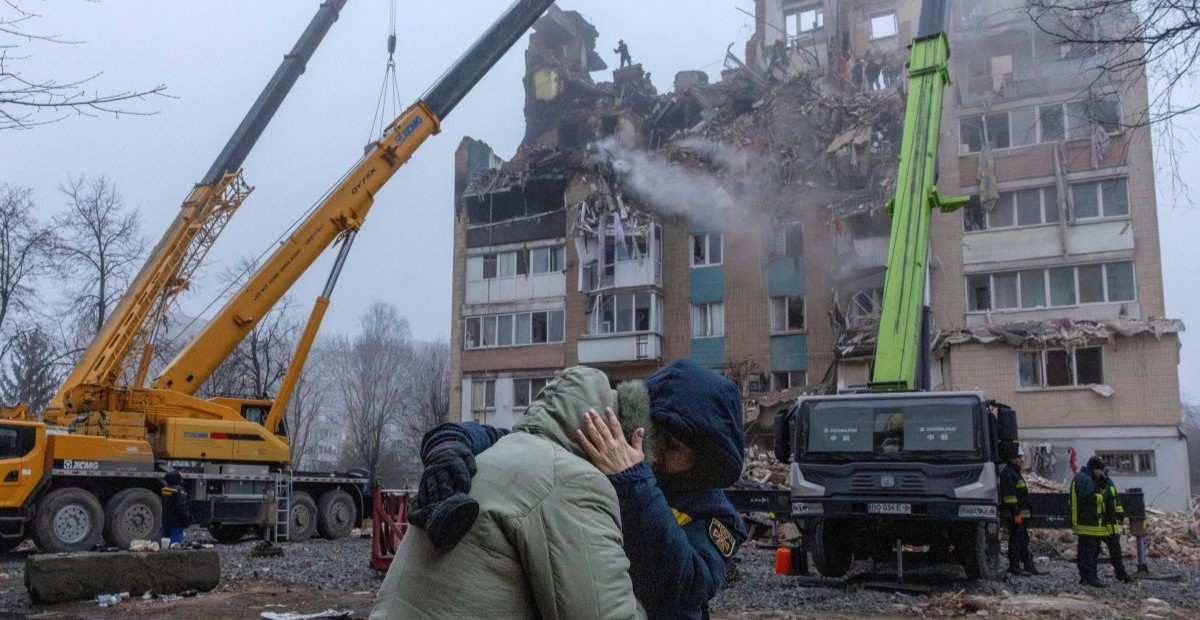33 billion: Indonesia has finally unveiled the site of its proposed new capital city: Borneo. The cost of relocating the nation's capital there from overcrowded, polluted, sinking Jakarta, is projected to be $33 billion.
86: A weekend of intensifying violence in Hong Kong, which saw the police use water cannons and live ammunition against protesters for the first time, resulted in the arrest of 86 people on a range of charges, including a 12-year old child.
200,000: According to a New York Times investigation, more than 200,000 guns are trafficked into Mexico from the US each year. That's part of a broader outflow of small arms from the US that is fueling violence across Latin America, the most murder-prone region in the world.
9,272: Mounting insecurity and violence across Central and West Africa have caused 9,272 schools to close across the region over the past two years, according to a new UNICEF report. That's three times the number that had closed at the end of 2017.